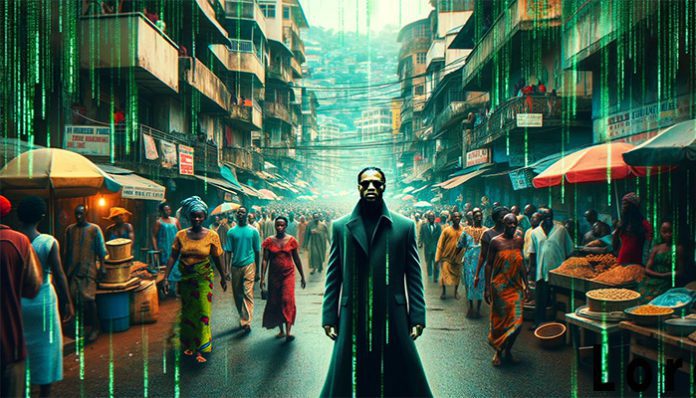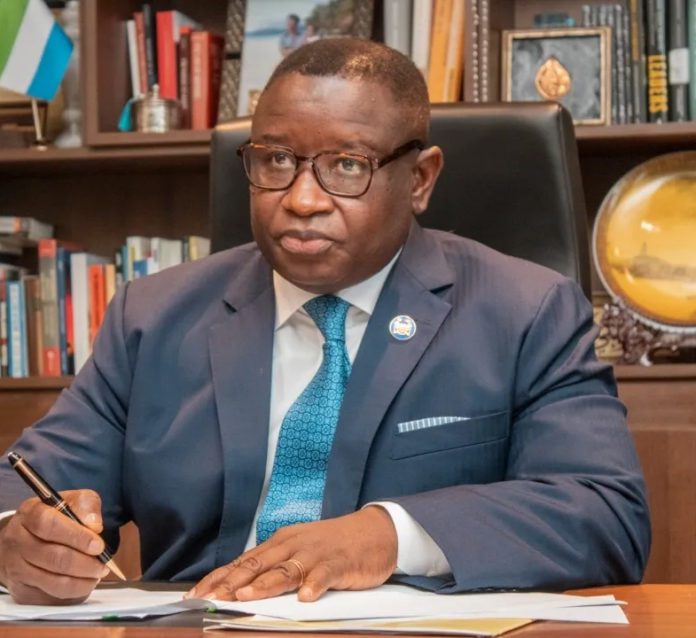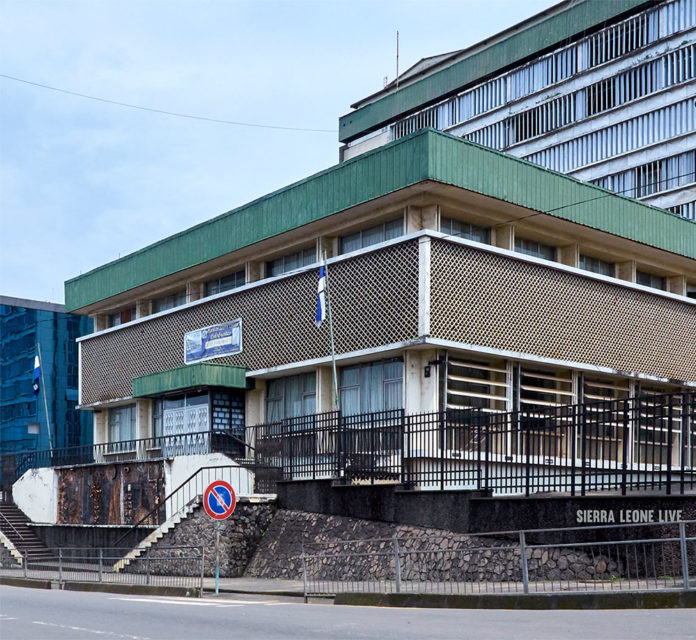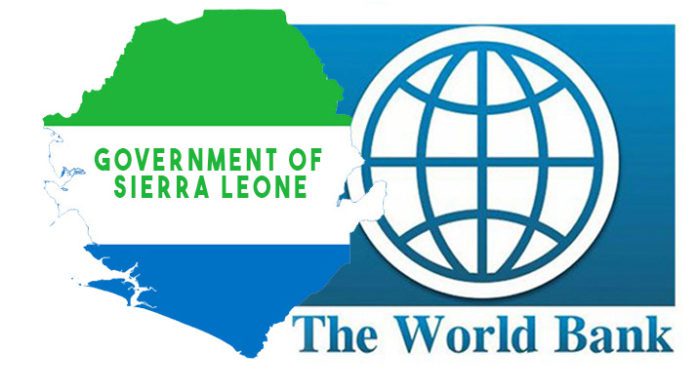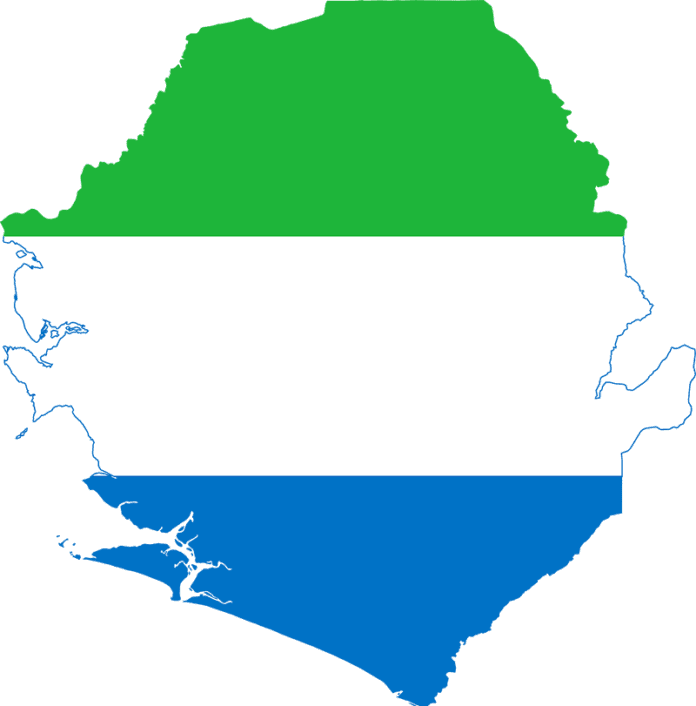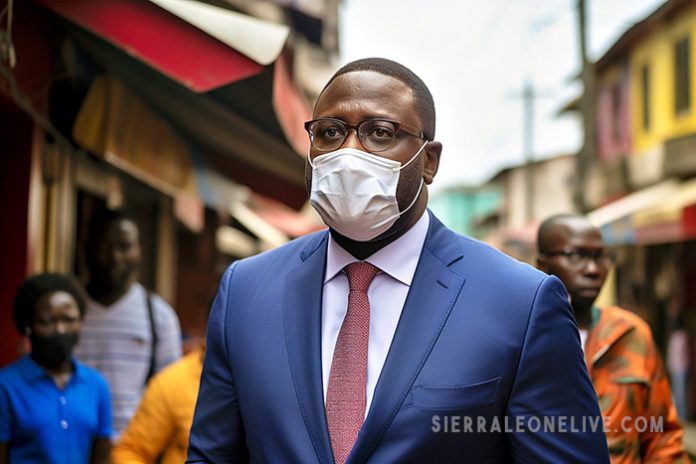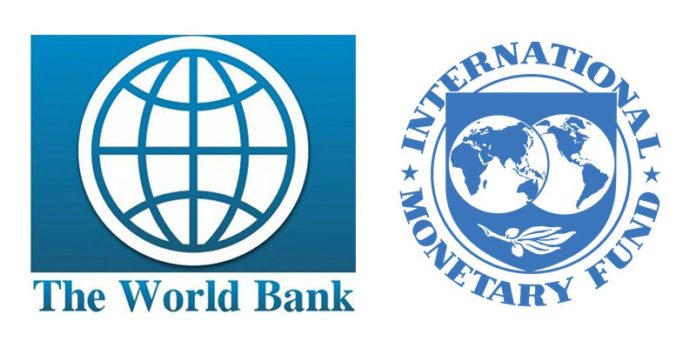
Exiting the Matrix with Today’s Politicians in Sierra Leone
By Mahmud Tim Kargbo
In the heart of Freetown, as the gentle breeze from the Atlantic whispers tales of yore, there’s an unsettling question that lingers in the minds of Sierra Leoneans: Is there something amiss in our reality of governance? This query, deeply etched in our collective consciousness, reflects a gnawing suspicion about the essence of our political landscape. It’s as if we’re on the cusp of unveiling a crucial secret, one that could redefine our understanding of governance and societal roles.
The predicament of Sierra Leone’s governance today can be likened to a scene straight out of the Matrix. Neo, the film’s protagonist, symbolises that part of us who intuitively knows there’s more to this intricate game of life than what meets the eye. This sensation isn’t new; it’s a sentiment that has been silently brewing in the heart of our nation, passed down from generation to generation. Our ancestors, who navigated through the turbulent waters of colonialism and post-independence disillusionment, unwittingly sowed seeds of disempowering beliefs in our societal fabric.
Today, we find ourselves enshrouded in a fog of convoluted perceptions. Unbeknownst to many, we have been leading lives akin to those of a society in chains—though not by actual physical chains, but by the expertly crafted shackles of disempowerment. Most, sadly, seem adept only at making decisions that further their interests at the expense of the suffering masses. Sierra Leone, a land lush with natural beauty and resources, appears to be under a spell, one that has cast a shadow of disempowerment over its people.
This spell, I argue, is the root cause of a plethora of national and personal issues plaguing our country today. From the pervasive poverty that grips our communities to the diseases that ravage our populace; from the loneliness that haunts our elderly to the depression that clouds our youth’s future—we can trace all these back to a singular source: disempowerment.
Yet, in a strange twist of fate, we believe ourselves to be free. This belief stems from the absence of tangible prison bars. But make no mistake, the bars erected by our rogue politicians are all too real, albeit invisible to the naked eye. They constrain us in ways we barely recognise. As we go about our daily lives, we seldom realise that we are behaving like inmates conditioned to fear. We are at the mercy of a system riddled with rules and laws designed to disempower us and make us afraid of losing the little that we have.
In Sierra Leone, living in a perpetual state of low-grade fear that there is ‘not enough’ has become the norm. Under the current regime, Sierra Leoneans, almost unconsciously, have been giving away both the quality and quantity of their lives, merely to eke out a living and care for their families. This state of affairs, though it seems normal because of its longevity and prevalence, is not how life was lived. It’s a far cry from the ideals of our forebears, who envisioned a Sierra Leone where communal bonds and shared values underpinned our societal structure.
But this realisation is not a cause for alarm. Rather, it’s a clarion call for awakening. The question then becomes: How do you awaken when you are ensnared in the illusion of a political matrix with no visible exit in sight?
The answer may lie in the very fabric of our society, in the rich tapestry of our culture and history. Sierra Leone’s narrative is replete with stories of resilience and fortitude. Our history, which is characterised by the fight for independence, tenacity during the civil war, and the ongoing struggle for democracy, serves as a potent reminder of our collective strength and capacity to overcome adversity. This historical context, when viewed through the lens of our current political landscape, offers insightful parallels that can guide us in navigating the complex web of governance and societal issues.
Our rich folklore, brimming with morals and wisdom, provides a unique lens through which we can examine and understand the intricacies of our political environment. These stories, passed down through generations, offer profound insights into the human condition, governance, and societal dynamics. They remind us that there’s more to the convoluted game of life than what’s immediately apparent.
In this journey of awakening, nature too plays a pivotal role. The lush landscapes of Sierra Leone, from the rolling hills of the provinces to the bustling streets of Freetown, hold within them the inherent ability to jolt us out of our collective slumber. They remind us of who we really are and what we can achieve as a nation. We can heal personal wounds, overcome disempowerment, and even come up with ground-breaking solutions to the problems that face our country in these moments of altered consciousness, whether brought on by the breathtaking beauty of our natural surroundings or the profound depth of our cultural heritage.
Certainly, the idea of thinking outside the box and challenging the oppressive leadership styles of our politicians is not for the faint-hearted. It’s a path laden with challenges and uncertainties. But, as the popular saying goes, “The bigger the challenge, the bigger the opportunity for growth.” This holds especially true for our beloved Sierra Leone. For over half a century since independence, despite being blessed with abundant natural resources, we have found ourselves ensnared in the throes of poverty.
My quest for answers to this conundrum led me down various paths. I delved into books, explored many philosophies, sought wisdom from teachers far and wide, and even ventured across the globe. A relentless desire to understand why most of our politicians seemed solely fixated on exploiting ordinary people fueled my search. Despite uncovering a wealth of knowledge about their lack of godliness, their propensity for deceit, and their almost systematic exploitation, my quest remained unfulfilled.
To awaken from this matrix, I did the unthinkable—I consulted a soothsayer. This decision shook my world to its core. It challenged my long-held beliefs, exposed my deepest fears, and revealed the shadows that lurked within. The journey was tumultuous and brutal, but the result was precisely what I had been seeking. It propelled me on a journey of self-discovery and awakening that was worth every bump and bruise along the way.
Sierra Leoneans, it’s time to remember our mission. We came into this world knowing that a certain number of people on Earth would need to awaken to reach a threshold where awakening would spread like a pandemic and change the course of our nation. I am here to remind you that you chose to be a part of this monumental task.
Your unique role in our national awakening involves taking the personal journey from feeling powerless to becoming empowered, from being unconscious to becoming conscious, from being asleep to fully awake. Living in a dense third-world country, we knew we would forget our mission, and we needed to wake ourselves up. Pain and suffering, as harsh as they may sound, are effective wake-up calls. But let’s face it, there are few effective modalities of healing or waking up from this reality. We needed to leave ourselves a way to awaken and remember why we came here.
Certainly, some make the journey from unconscious to conscious without external help, but many more do need the help of others. This article is intended to plant the seed of possibility—to remind you that there are alternative methods that facilitate healing and have the potential to reunite you with your true self and the memory of your mission on this journey of life.
Mind-altering methods are not suitable for everyone, but if you feel a calling, take ample time to prepare. Learn everything you can about the styles you are considering, create a ceremonious space for your journey, and ensure that you are in a positive and safe setting, preferably with an experienced guide who can help you navigate any challenging aspects of the experience. Because the post-integration process can be confusing or challenging, it is extremely beneficial to work with an experienced guide or mentor who can support your post-journey integration.
What would it be like to live outside the matrix of reality? Imagine living in a conscious and awake Sierra Leone, where each of us plays our unique part in a thriving civilization. Imagine replacing the more than half-century-old wicked leadership styles of the majority in our social positions of trust with enjoyable contributions that empower us to express our gifts and talents, with ample time for family, friends, and personal wellbeing.
Sierra Leoneans, we are meant to be creative beings who innovate solutions for sustainable living, brilliant inventors who collaborate for the advancement of humanity, and fearless explorers who travel the planet harmoniously as brothers and sisters, reuniting as one family. We are meant to be free!

